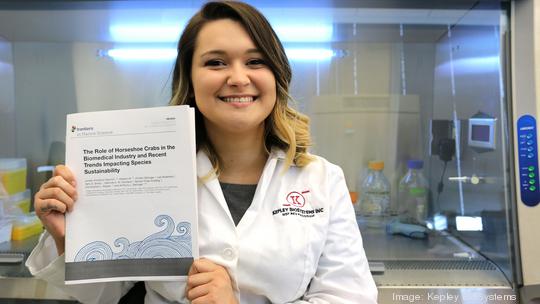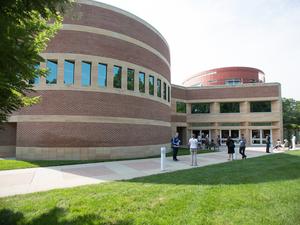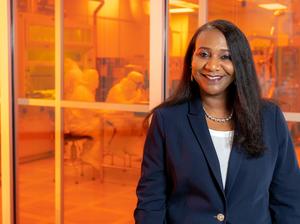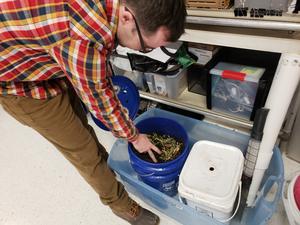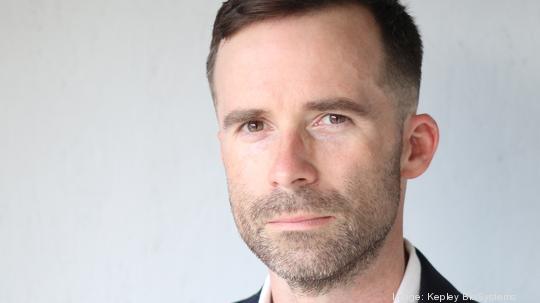
Kepley BioSystems Inc.
Industry: Biotechnology
Founded: 2015
Address: 2401 E. Gate City Blvd., Suite 2400, Greensboro 27401
Phone: 336-217-5163
Top executive: Anthony Dellinger, president
Employees: Six full-time, often has additional interns
Founded in 2015, Kepley BioSystems is an academically inspired startup formed out of the relationship between Chris Kepley, a professor at UNC-Greensboro’s Joint School of Nanoscience and Nanoengineering, and Terry Brady, an entrepreneur.
The idea was that graduate students could transition from academia to become executives with their thesis guiding them towards innovation. Anthony Dellinger, the current president of Kepley BioSystems, was the first model for this. Now, the startup works with horseshoe crabs and its immune cells.
The biomedical industry harvests horseshoe crabs for a third of the animals' blood volume, a process which Dellinger said kills anywhere from 15 to 30% of horseshoe crabs each year and has negative effects on the crabs' overall viability. The crabs’ immune cell is used in creating a reagent called limulus amebocyte lysate (LAL) that is commonly used to test drugs and medical devices for contamination as well as human bloodstreams for infection.
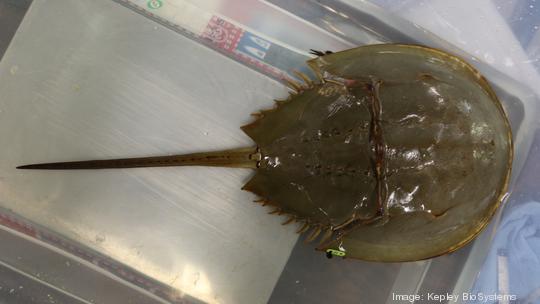
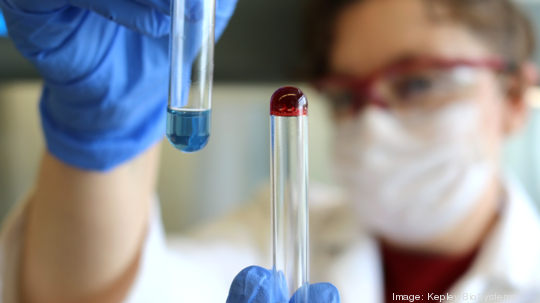
Kepley BioSystems’ science has worked to solve two issues within this realm. The first is how to sustainably breed and harvest horseshoe crabs through ranching, so that there is no need to extract the crabs from the wild. This will allow for stabilization of the population and creation of the LAL reagent for biopharmaceutical testing. The second is adapting the LAL and human blood sample for an early screening test for sepsis.
Both innovations have been funded by the National Science Foundation with $250,000 each in Phase I funding. Kepley BioSystems is currently awaiting Phase II funding for its blood testing research, which will be for $1 million over two years. Kepley BioSystems previously received a total of $1 million in NSF funding for its research and creation of synthetic fish bait.
Kepley BioSystems currently employs six people full-time, along with a regular influx of interns.
Dellinger said that while commercialization of Kepley's research could be achieved through venture capital, the more likely route is through a strategic partnership with an existing player in this space.
